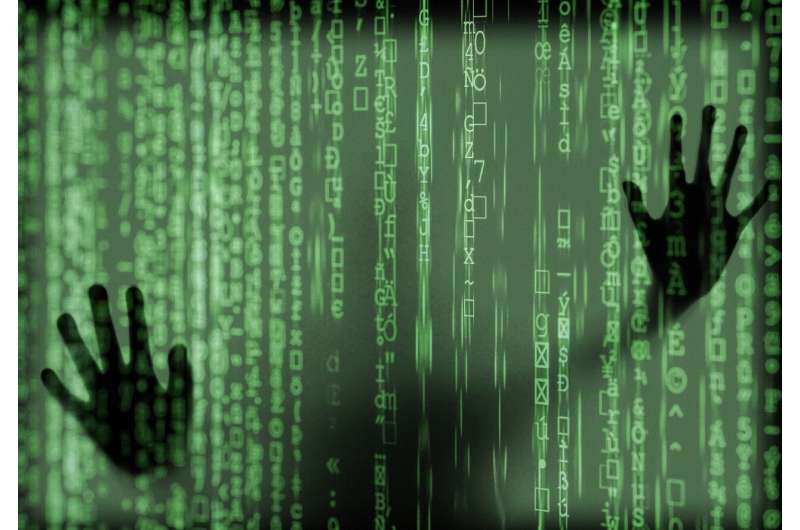Surveying the realm of human rights in the wake of digitalization

There are many challenges facing us in the digital age, especially in terms of security and privacy, safeguarding, and human rights. Research published in the International Journal of Electronic Security and Digital Forensics has surveyed the realm of human rights in the wake of digitalization.
Narkes Zhexembayeva, Arailym K. Jangabulova, Guldana A. Kuanalieva, Makhabbat K. Nakisheva, and Bahytkul M. Konysbai of the Department of Customs, Financial and Environmental Law at Al-Farabi Kazakh National University in Almaty, Republic of Kazakhstan, undertook a comparative study to explore the legal challenges we face in defining digital rights.
There is familiarity with the concepts of human rights in terms of access to clean, drinking water, food, shelter, and safe harbor from threats. In the online world, we might begin to see internet access itself and the protection of users from information and identity theft as being high on the digital rights agenda. The team has undertaken an historical analysis using induction and deduction to examine the issues surrounding digital rights.
The researchers’ findings highlight the many legal disparities among the member states of the Eurasian Economic Community (EAEU) regarding how we define something as fundamental a digital concept as “information”. The paper underscores the need for harmonization in order to protect digital rights more effectively.
The proliferation of information and communications technology, the advent of portable computers and smartphones has led to a focus on digital rights. There is an urgency now seen in removing ambiguity in underdeveloped legal systems that seemingly have no understanding of this parallel universe in which millions of people now spend much of their time despite the decades that have passed since digitalization began.
While some nations do understand the digital world and the concept of information, the EAEU Treaty itself lacks a unified concept of “information” and this disparity represents a serious challenge for those hoping to see the maturation of consistent digital rights protection across the region.
Of course, this area of research has relevance for legal experts dealing with digital human rights violations. The implications extend beyond the EAEU to the global context and emphasize just how important it is that we find a way to harmonize digital rights definitions.
More information:
Narkes Zhexembayeva et al, Human rights information in the context of digitalisation, International Journal of Electronic Security and Digital Forensics (2023). DOI: 10.1504/IJESDF.2023.133963
Citation:
Surveying the realm of human rights in the wake of digitalization (2023, October 23)
retrieved 23 October 2023
from https://techxplore.com/news/2023-10-surveying-realm-human-rights-digitalization.html
This document is subject to copyright. Apart from any fair dealing for the purpose of private study or research, no
part may be reproduced without the written permission. The content is provided for information purposes only.
For all the latest business News Click Here

